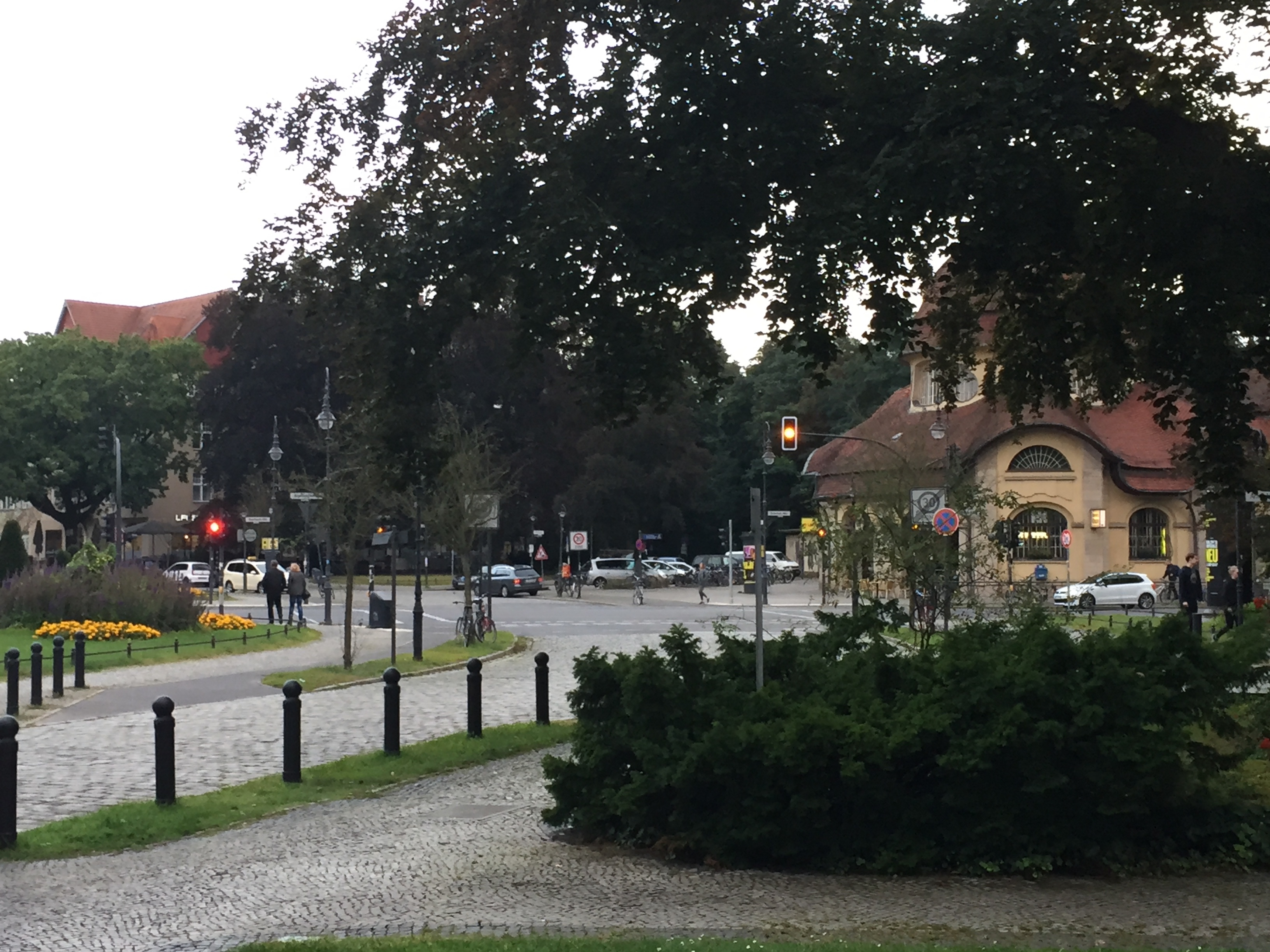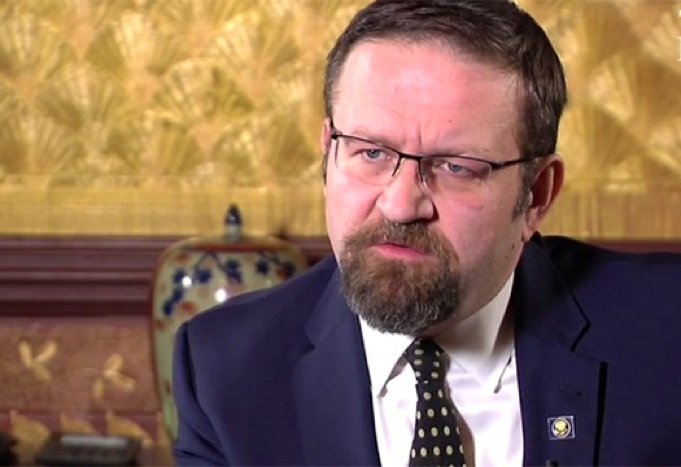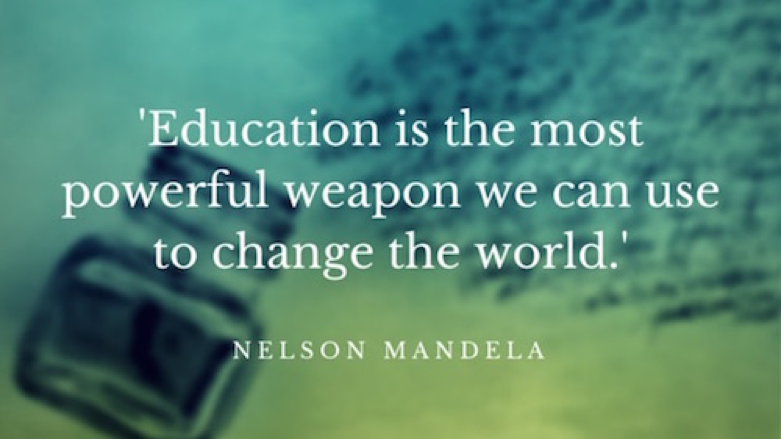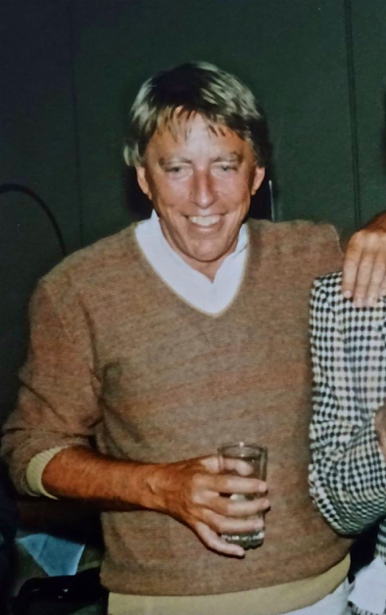
There is nothing quite so humbling as stepping on foreign soil and realizing that your self-assurance, built over decades, has dissolved—a reminder that when you leave the comfort of home, the security of family and friends, and cross into territory where language, culture, and daily activities are even slightly different, an element of insecurity rises to the surface. There’s no turning back; you’re on an adventure, so drink up. Prost!
M and I are here in Berlin for a month. It feels strange to be out of my comfort zone after living here for almost a decade—but that was 30 years ago. It’s odd that I didn’t feel the same on extended stays in Paris and Rome, but I guess I have higher expectations because of my history here. I should be at ease. I was never truly fluent but I had no trouble being understood or getting things done. I know the vocabulary’s in there and wants out, but for now it feels like a painful dental extraction when the clerk or cab driver stares at me and I can’t find the right word to complete the transaction. It reminds me of an experience in Spain with my son, Brent. He was 8, and I wanted him to be part of the adventure, so I gave him money to buy a Coke at a roadside cafe and told him how to ask for it in Spanish. He looked at me, paused for a minute and then said, “But what if they talk to me?” I know how he felt. Today, my German is so rusty I can’t quite get going, and while the rust is beginning to flake off it’s annoying, frustrating, and embarrassing that things don’t come more easily.
Experienced international travelers know there will always hitches along the way. This time, in spite of our experience with Vodafone sim cards in Rome, the German sims we bought at Deutsche Post didn’t work when we got back to our apartment. After trying for two hours to register them online I gave up, and because it was Saturday, when German stores close at noon, I knew we wouldn’t be able to solve the problem until Monday morning. In the US we’d simply drop into the local Verizon or AT&T store and it would be over. I applaud the weekend closures here – very civilized – but it meant having to wait until Monday morning to get the phones working. As they say, patience is a virtue, but virtue is tested when we leave the boundaries of our everyday lives.
There are many differences large and small for the traveler in Germany – credit card usage, public transport, business hours, automobile etiquette, tipping, washing machines without dryers, etc. One particularly annoying difference for the American traveler is in the use of credit cards. At home we charge almost everything. It’s great for record keeping, not having to carry cash, and, of course, Frequent Flier miles. But, here many small businesses and restaurants as well as state agencies like the Post and public transport vending machines are not so credit card friendly. As a consequence we’ve been to the ATM (not always easy to find) four times in order to get our business done. Even Vodafone rejected my credit card with a purchase of 56 Euros. I couldn’t make sense of it, but it meant another stop at the ATM.
We’ll be fine once we get acclimated, but the disruption reminds us there are positive effects too. There will be sweaty palms and awkward moments, but doing things differently creates new neural pathways that keep the brain alive and active. Learning new things and new ways keeps us flexible and resilient – and, yes, younger. All travel is stressful, but foreign travel means there are new challenges every step of the way. New places, new faces, new foods, new languages, new customs, even new kinds of beds and bed linens. Things seem almost the same but they’re not. Foreign travel is an exercise in adaptation – something recommended for those of a certain age – or any age.
On that positive side, we travel to see and experience new things, and we’ve has some nice surprises too. As much as I enjoyed living here in the 70’s and 80’s, I didn’t always find it easy to make friends with the locals. Maybe, this time, it’s the presence of M my friendly smiley companion, but strangers have been eager to talk with us and we’ve made several new friends in our short time here.
When we showed up exhausted and jet lagged at the wrong Airbnb address, the surprised owner helped us find the correct address and summoned her daughter, Charly (her spelling), to get her car and give us a ride. Charly, who spent part of the summer in Seattle, is our new friend and planning to have lunch with us soon. A couple of nights later at a local Italian restaurant M started a conversation with the family at the adjoining table and when they stood up to leave they handed us a slip of paper with their address and an invitation to stop by for a glass of wine. I couldn’t have imagined such a thing 30 years ago.
I’m not a glass half empty person, but I lack patience – that previously mentioned virtue – and tend to forget our successes. In retrospect, I recognize that we haven’t been idle since our arrival. Not only have we met new people on the street and in restaurants, but we have had two exceptionally interesting evenings. One was a sumptuous dinner at the elegant Altbau apartment of a British friend where we were introduced to her longtime companion, the former German ambassador to France and the UK. As happy as we are to be out of the Trumpian US news cycle, this evening with educated informed Europeans was a special treat with a different global perspective.
And, while that evening was stimulating and made us feel welcome, we are crazy lucky to have selected this particular Airbnb apartment in a large Jungendstihl house in the lovely residential neighborhood of Zehlendorf. Our hostess Antje, an architect, has transformed an English basement into a stylish, comfortable French-inspired apartment looking out on a lush garden. On arrival, Antje greeted us warmly and when she saw my guitar she told us that her husband also played guitar and planned to jam with friends at the house on Tuesday night. After checking with him, we were invited to join in and could either listen or play along. It all happened last night and turned out to be one of those unforeseen events that sticks forever in memory. After seeing that I could at least follow along, I joined the jam and we worked our way through a repertoire of Rolling Stones, Eric Clapton, Peter Cetera, and the Eagles. Quite an evening.

Sometimes it takes a while to be at ease in a foreign setting, but if we keep plugging away it will come. I know I’ll never feel totally at home away from home, but it’s a great adventure and might even create some brain nourishing neural pathways. Here’s hoping. Prost!



















 Yesterday, as part of the process of saying goodbye, I reread his story The Lady Who Lassoed Jaguars from Travelers’ Tales Central America. I was struck by the parallel between that story and some advice he gave me years ago. At that time, the young wife of an older Pan Am Captain was letting me know that she was interested in something more than a “bekannt” friendship. She was uncommonly beautiful and the temptation was potent. Joe knew her well and was aware that she occasionally strayed from her marriage. One day as we were getting ready to read the preflight checklist, he turned to me and said, “Be careful, Jack. Frau X is trouble.” He didn’t need to elaborate and the subject was never mentioned again. Years later I thanked him. His Jaguar story has a similar theme and ends with this paragraph:
Yesterday, as part of the process of saying goodbye, I reread his story The Lady Who Lassoed Jaguars from Travelers’ Tales Central America. I was struck by the parallel between that story and some advice he gave me years ago. At that time, the young wife of an older Pan Am Captain was letting me know that she was interested in something more than a “bekannt” friendship. She was uncommonly beautiful and the temptation was potent. Joe knew her well and was aware that she occasionally strayed from her marriage. One day as we were getting ready to read the preflight checklist, he turned to me and said, “Be careful, Jack. Frau X is trouble.” He didn’t need to elaborate and the subject was never mentioned again. Years later I thanked him. His Jaguar story has a similar theme and ends with this paragraph:

























